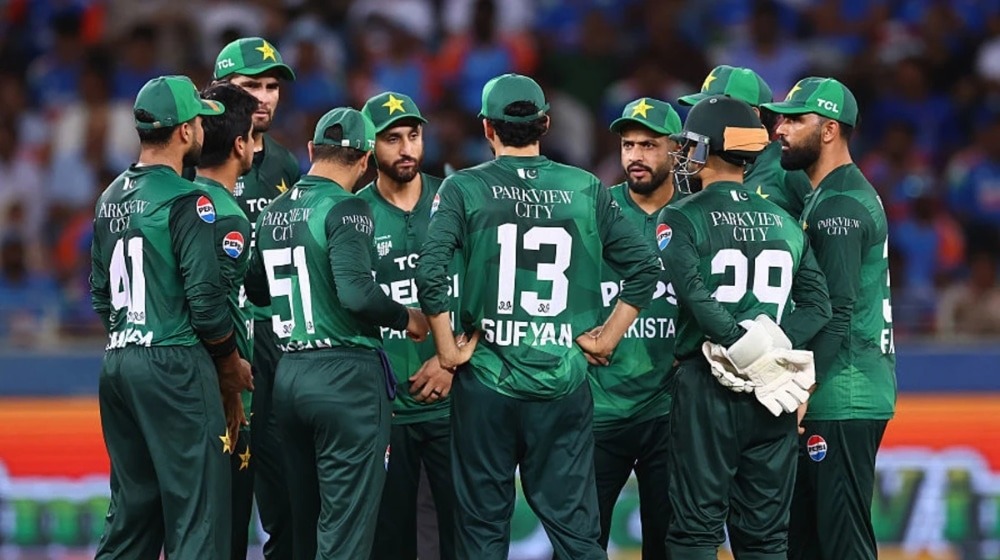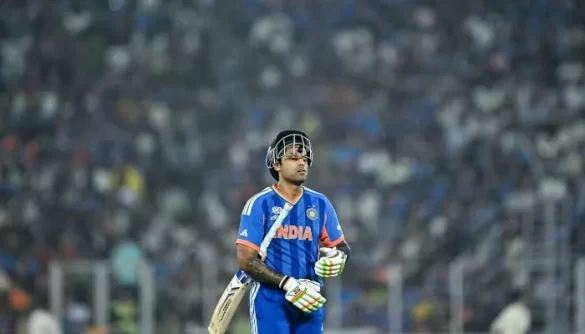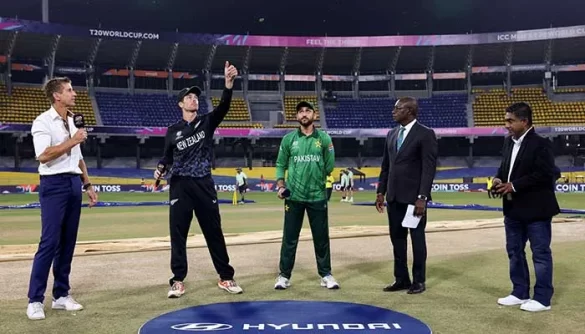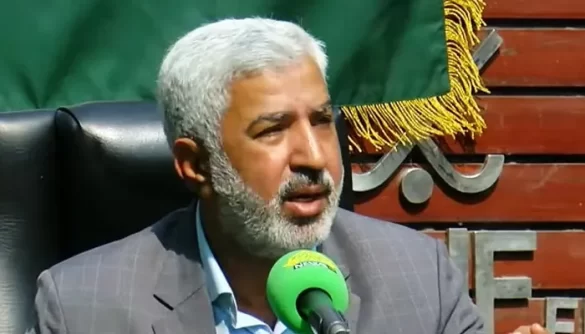Team Meeting in Dubai Focuses on Self-Criticism
With a high-stakes clash against India on the horizon, Pakistan’s cricket team held a closed-door meeting in Dubai to reflect on recent performances. According to team sources, the discussion was candid, with several players openly admitting shortcomings—particularly in the batting department.
Each squad member was encouraged to share views on personal and collective performance. Batters acknowledged they had failed to fulfill responsibilities and stressed the need to rotate strike more effectively to maintain momentum. In contrast, bowlers highlighted that current playing conditions have been more favorable to bowlers, making batting relatively difficult.
Admission of Batting Failures
Pakistan’s batting unit has been under scrutiny throughout the Asia Cup. Despite winning two of their three group-stage matches, the team’s inability to build consistent partnerships has drawn criticism from fans and analysts alike.
Players admitted in the meeting that poor shot selection and a lack of strike rotation had allowed opposition bowlers to dominate. “We need to take responsibility and play smarter cricket,” one player reportedly said, according to insiders.
Coaching Staff Expresses Confidence
Team head coach Mike Hesson addressed the players during the session, assuring them of management’s full backing. He emphasized that setbacks are part of tournament cricket but expressed confidence that Pakistan would rebound strongly in the upcoming Super Four stage.
Sources indicate that players, in turn, reassured management they would demonstrate a higher standard of cricket in the remaining matches.
Context: Pakistan’s Asia Cup Journey
Pakistan entered the Asia Cup with high expectations, particularly given their strong bowling attack. Out of their three group-stage fixtures, they won two but suffered a crucial defeat against arch-rivals India.
The loss was particularly painful, not only because of the historic rivalry but also because of Pakistan’s batting collapse. The top order struggled to cope with India’s pace and spin, failing to build any substantial partnerships.
Statistically, Pakistan’s batters have averaged under 30 runs per wicket in the tournament so far—a figure below par in modern limited-overs cricket. Their strike rotation has also been minimal, with more than 40% of deliveries faced ending in dot balls. Such numbers underscore the challenges highlighted in the team’s internal meeting.
The Pressure of an India Clash
Matches between Pakistan and India carry immense pressure, often transcending sport to become cultural events watched by millions worldwide. Recently, Pakistan urged India to keep politics out of the Asia Cup clash, highlighting how off-field issues can further intensify the spotlight on this historic rivalry. The Asia Cup fixture, therefore, is not just about advancing in the tournament but also about pride and reputation.
In their last encounter, India comfortably defeated Pakistan, exposing weaknesses in Pakistan’s batting order. As both teams prepare for the Super Four stage, the stakes remain high. A victory could boost morale and strengthen Pakistan’s chances of reaching the final, while another defeat may intensify criticism of the team’s preparation and strategy.
What Lies Ahead
Pakistan’s players now face the challenge of converting introspection into results. Improving batting resilience, rotating strike, and building partnerships will be key. Meanwhile, the bowlers, who have generally performed well, will look to maintain discipline against India’s in-form batting lineup.
With the Asia Cup also serving as preparation for the upcoming ICC Cricket World Cup, Pakistan’s management will be eager to see signs of consistency. The meeting in Dubai may mark a turning point, but the true test will come on the field when the team faces India once again.















